
The Healthiest Festive Foods You Must Indulge This Year
For most of us, the Christmas period is a time for guilt-free indulgence and we’re not here to tell you to say no to seconds or to worry about the number of calories in that pudding!
With the free time that lockdown has offered, lots of us are starting to prioritise our health. Hence why we have identified a selection of festive foods which are bursting with benefits, so you can load up your plate knowing that you are fuelling yourself with the good stuff.
But first…Someone once told us that breakfast is the most important meal of the day. We are inclined to agree, as studies have shown eating breakfast means that you are less likely to overeat later in the day [1]. Avoid a big greasy fry up and go for something far more nutritious. We’d recommend these festive (vegan friendly!) mince pie baked oats; they can be made in bulk for a nourishing and tasty breakfast for all the family to enjoy.
Mince Pie Baked Oats (serves 2)
Ingredients:
1 tbsp chia seeds
50g of oats
175ml plant milk
1 tbsp mincemeat
1tsp baking powder
1tsp brown sugar
1 tsp ground cinnamon
- Optional toppings:
Warmed plant milk or yogurt to serve
Extra mincemeat to dollop on top
Method:
1.Pre-heat the oven to 180C/ 350F/ gas mark 4.
2. Mix chia seeds with 1 tbsp of water and leave in the fridge for 15 minutes
3. Mix all the ingredients in a large bowl and let it stand for 5 minutes.
4.Pour mixture into an oven-proof dish.
5.Bake in the oven for 30 minutes.
6.Serve with extra toppings!
Now, read on to find out what you should be piling onto your plate.
Turkey
The festive period is the turkey’s time to shine! But why don’t we have it all year round? Skinless turkey is low in saturated fat and is a great source of lean protein, with over 20g per 100g serving. One portion of turkey also contains 60% of our daily niacin, which contributes to a healthy metabolism and plays a role in repairing DNA [2].
Butternut squash
For the vegans and vegetarians among us, this could be the perfect Christmas centre piece, stuffed with whatever you desire, and can be made to fit any dietary requirements. Evidence suggests that the humble butternut squash contributes to healthy heart and immune functioning due to their carotenoids which are converted to vitamin A [3]. We recommend stuffing with mushroom and quinoa, with some additional feta or vegan cheese!
Parsnips
This sweet root vegetable is not only delicious but is also a great source of vitamins. Parsnips are rich in vitamin C which helps to support your immune system and increase white blood cells to fight infection – extra handy in current times! They also contain potassium which can help balance blood pressure and contribute to a healthy heart, whilst lowering the risk of kidney stones [4].
Brussel sprouts
Love them or hate them, I think we can all agree it isn’t Christmas without the brussel sprout. They are one of the best plant sources of Omega-3 fatty acids, helping to reduce insulin resistance and decrease inflammation, due to their antioxidants. Boil quickly within a few minutes to avoid nutrients leaching into the cooking water or roast them in the oven with some chunks of garlic [5].
Cranberries
We don’t mean the kind bathed in a sauce of sugar and additives, but these festive little berries have a whole host of health benefits, laden with vitamin C, fibre and copper [6]. They have been found to reduce cardiovascular disease and infections, with more recent evidence even suggesting cancer inhibition [7].
Raw unsalted nuts
Nuts are the ultimate snack. Selecting the raw, unsalted type means you can enjoy their numerous benefits. They are high fibre, fat and protein content which helps you to feel full and gives you sustained energy levels. Even though they are high in calories, it has been found that due to the way they are chewed, the body does not fully absorb all of these in the digestive tract [8,9].
Clementine
With 40% of our daily vitamin C needs, this small fruit can significantly boost your daily intake! This supports a strong immune system, helping to combat illnesses such as the common cold, as well as alleviating and reducing duration of the symptoms [10,11]. Vitamin C can also help the absorption of iron from plant sources which are more difficult to process than iron from animal sources [12].
The main culprit of unhealthy Christmas habits is the constant snacking, which isn’t just isolated to one day, but spans over the whole festive season. Still, it doesn’t have to be so bad! Having a couple of snacks spread out over the day can ease the digestive and metabolic overload caused by heavy meals and can help you meet daily nutrient recommendations [13]. Stock up your cupboards with a variety of foods, like the ones we have suggested above, to give you a healthy balanced diet and ensure that you have the energy to enjoy the festive period with your bubble!
- Leidy, H.J., 2013. The benefits of breakfast consumption to combat obesity and diabetes in young people. American Journal of Lifestyle Medicine, 7(2), pp.99-103.
- Kennedy, D.O., 2016. B vitamins and the brain: mechanisms, dose and efficacy—a review. Nutrients, 8(2), p.68.
- Li, H., 2020. Evaluation of bioactivity of butternut squash (Cucurbita moschata D.) seeds and skin. Food Science & Nutrition.
- Weaver, C.M., 2013. Potassium and health. Advances in Nutrition, 4(3), pp.368S-377S.
- Shanmugam, H., Jayaprakasha, G.K. and Patil, B.S., 2018. Extraction and Identification of Health-Promoting Phytochemicals from Brussels Sprouts. In Advances in Plant Phenolics: From Chemistry to Human Health(pp. 151-174). American Chemical Society.
- Afshar, K., Stothers, L., Scott, H. and MacNeily, A.E., 2012. Cranberry juice for the prevention of pediatric urinary tract infection: a randomized controlled trial. The Journal of urology, 188(4S), pp.1584-1587.
- Weh, K.M., Clarke, J. and Kresty, L.A., 2016. Cranberries and cancer: An update of preclinical studies evaluating the cancer inhibitory potential of cranberry and cranberry derived constituents. Antioxidants, 5(3), p.27.
- Traoret, C.J., Lokko, P., Cruz, A.C.R.F., Oliveira, C.G., Costa, N.M.B., Bressan, J., Alfenas, R.C.G. and Mattes, R.D., 2008. Peanut digestion and energy balance. International Journal of Obesity, 32(2), pp.322-328
- Mattes, R.D., Kris-Etherton, P.M. and Foster, G.D., 2008. Impact of peanuts and tree nuts on body weight and healthy weight loss in adults. The Journal of nutrition, 138(9), pp.1741S-1745S.
- Carr, A.C. and Maggini, S., 2017. Vitamin C and immune function. Nutrients, 9(11), p.1211.
- Hemilä, H., 2017. Vitamin C and infections. Nutrients, 9(4), p.339.
- Office of Dietary Supplement, 2020. Office Of Dietary Supplements – Iron. [online] Ods.od.nih.gov. Available at: <https://ods.od.nih.gov/factsheets/Iron-HealthProfessional/> [Accessed 24 November 2020].
- Marangoni, F., Martini, D., Scaglioni, S., Sculati, M., Donini, L.M., Leonardi, F., Agostoni, C., Castelnuovo, G., Ferrara, N., Ghiselli, A. and Giampietro, M., 2019. Snacking in nutrition and health. International journal of food sciences and nutrition, 70(8), pp.909-923.


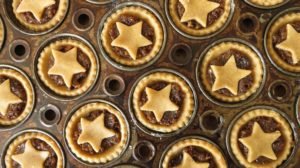
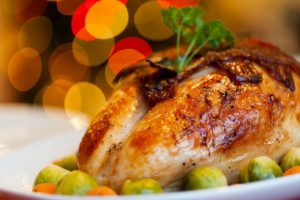

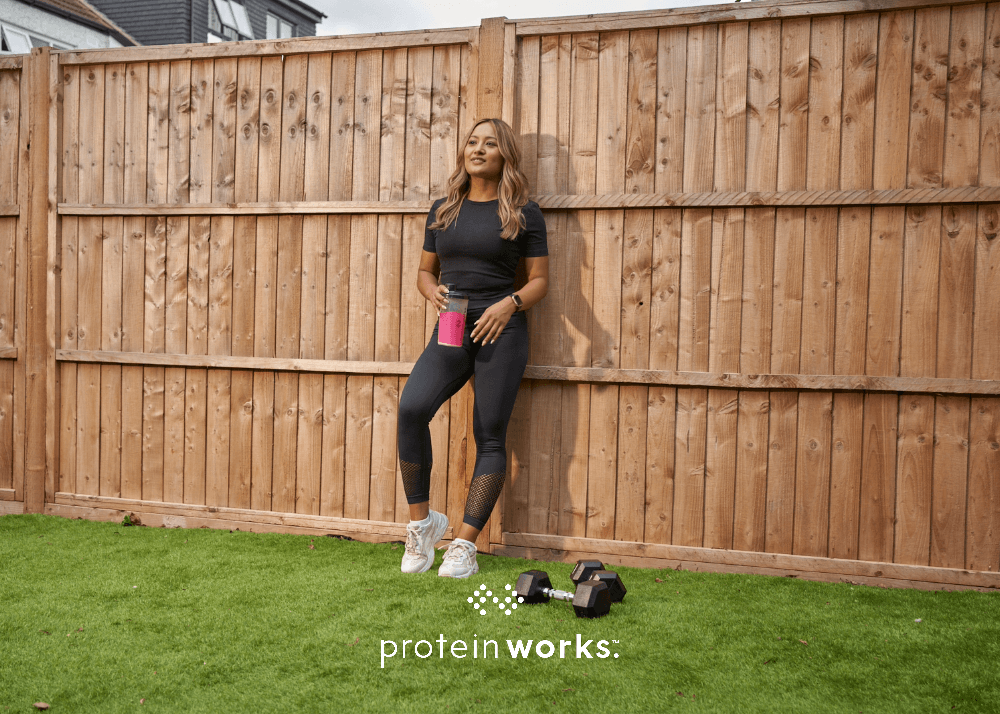
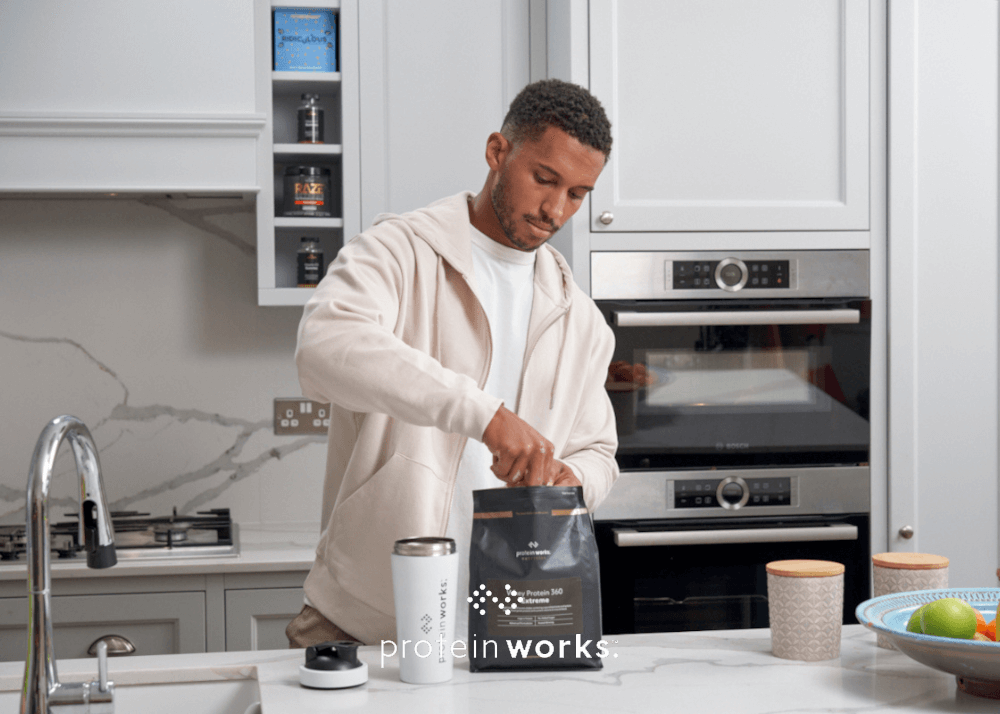
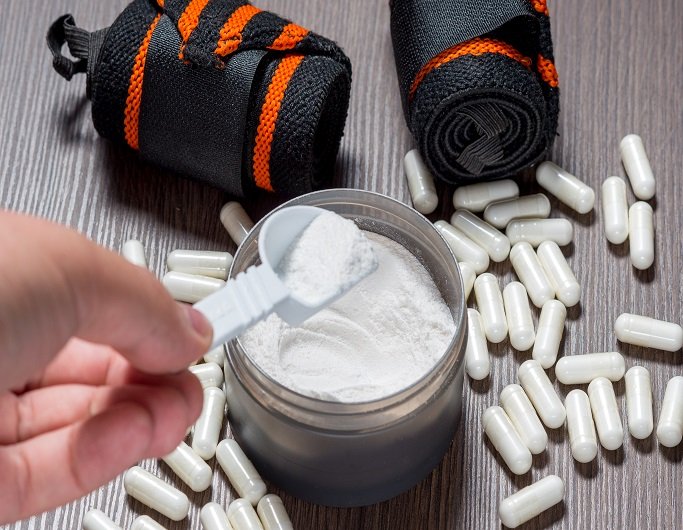
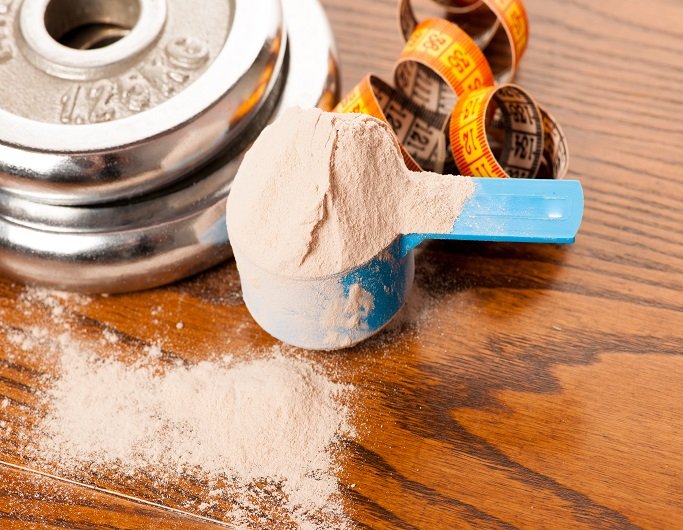
No Comments yet!